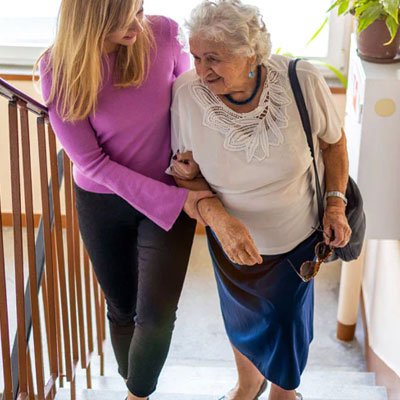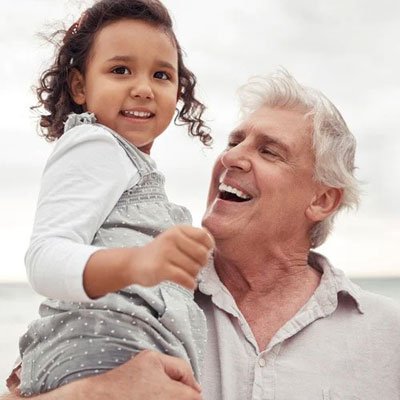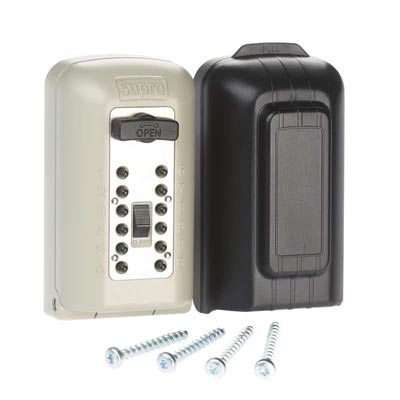Dementia
Dementia is not a normal part of ageing and it could be frightening for everyone involved. However, with our useful guide and tips, you can help your loved one enjoy a good quality of life in their own home for years to come.
Get Your Falls Risk Score
Every 10 seconds, a loved one in the UK has a fall. Find out your risk score in 2 minutes.
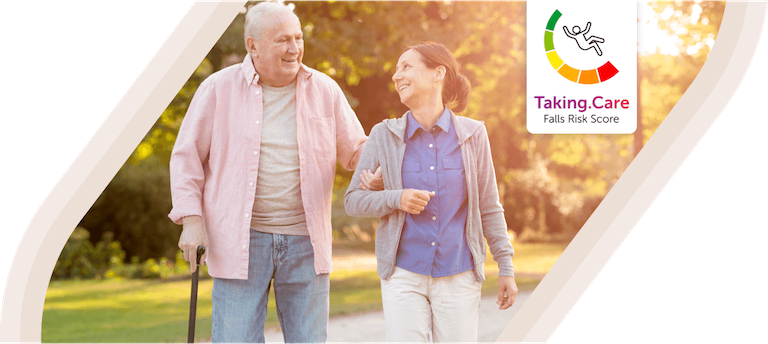
Medical conditions
Get expert advice and tips on staying healthy as you age. Our articles cover common medical conditions and offer insights on prevention and management.
Healthy lifestyle
Get advice for healthy living in later life - stay active, prioritise mental health and maintain a balanced diet.
Mental health and wellbeing
As we age, it's important to prioritise mental health by staying connected, doing fun activities, and seeking professional help if needed, leading to a positive outlook on later life.
Elderly care experts answer biggest questions about dementia
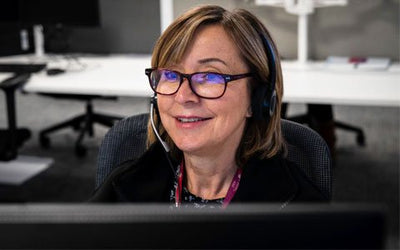
How can I make my house safe for elderly relatives with dementia?
What common household hazards are a risk to someone living with dementia?
Is there a wearable device for dementia?
Why is safety needed for dementia patients?
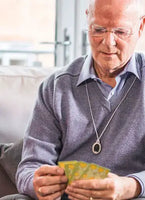
If John hadn’t been wearing the device around his neck, it would have been very difficult to locate him. If it hadn’t been for the people helping us, I dread to think what would have happened.
John has Alzheimer’s disease and uses his GPS personal alarm to live independently. Taking Care used the GPS to find John when he went missing.

Even though my sister lives in the same village, I like the peace of mind that the app gives us when mama is alone.
James lives 600 miles away from his elderly mum but uses an innovative solution to monitor her care and wellbeing.

